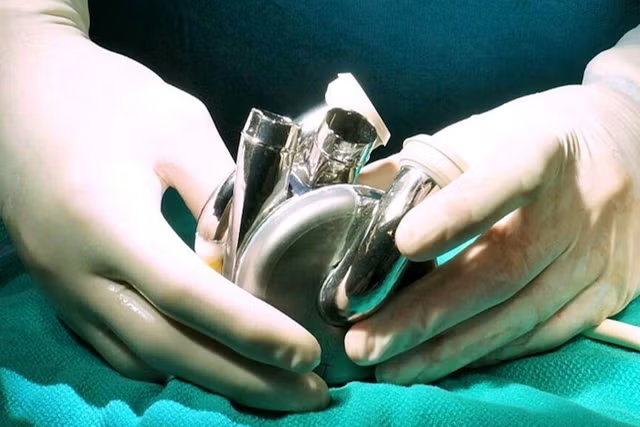Leaving streetlights on all night seems to make plant leaves tougher and harder for insects to eat, according to a new study.
Scientists at Beijing's University of Chinese Academy of Sciences noticed that tree leaves next to streetlights seemed to show less damage from insects than trees in rural areas.
They set about studying 180 trees around roads in Beijing that are illuminated by streetlights, measuring how much light each tree was getting and then studying almost 5,500 leaves for their different properties.
The leaves' toughness, nitrogen levels, tannins and water content were all measured, which gave the scientists an idea of how the trees were using their resources.
Plants under stress often put their energy into defending themselves by becoming tougher and adding chemical defences like tannins.
That's what seems to be happening to trees constantly lit by natural light and then street lights.
The more artificial light there was at night, the tougher the leaves became.
The toughest leaves were found in the areas lit most brightly, and showed no signs of insects eating them.
Because of their tougher structures, the leaves were also likely to decompose more slowly, which could change the composition of soil underneath and around the trees.
Robins, crows, blue tits and moths
Streetlights are not just changing the structure of plants, they impact the environment around them in a number of ways.
Birds, like robins and crows, have been found to sing and forage for food at night when they live near artificial light, according to the British Trust for Ornithology.
Read more from Sky News:
Warning over 'explosion' of fake weight loss injection sales online
Olympic athletes given high-tech swag for Paris 2024
Mystery of Egyptian mummy's expression may have been solved
Blue tits were even found to lay eggs days earlier if they lived near streetlights.
Many streetlights in the UK have been switched to eco-friendly LED bulbs instead of the traditional sodium lights - which are used in Beijing.
But a 2021 study by the UK Centre for Ecology and Hydrology, Newcastle University and Butterfly Conservation found the new LED bulbs were even worse for insects.
Keep up with all the latest news from the UK and around the world by following Sky News
Tap hereThe new bulbs reduced moth caterpillars in hedgerows by 52% compared to nearby unlit areas, whereas sodium lights reduced the population by 41%.
The researchers think street lights may deter nocturnal moths from laying their eggs or put the insects at risk of being spotted and consumed by predators such as bats.
Disclaimer: The copyright of this article belongs to the original author. Reposting this article is solely for the purpose of information dissemination and does not constitute any investment advice. If there is any infringement, please contact us immediately. We will make corrections or deletions as necessary. Thank you.



